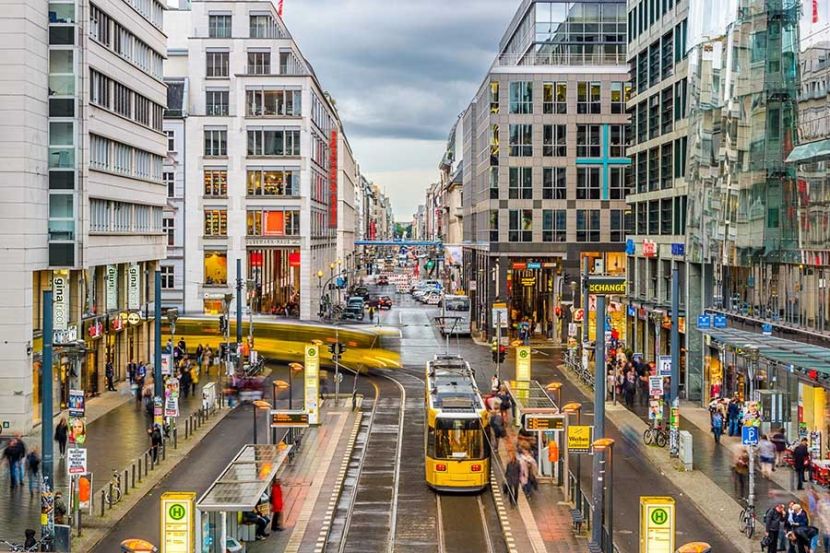
08.06.2022, 10:17
How Will the EU Deal with Rising Prices and Inflation
Source: OREANDA-NEWS
OREANDA-NEWS Many European countries are urgently introducing new bills to somehow contain the rising inflation. The main indicator of inflation growth, as you know, is the rise in price of energy carriers. Thus, the increase in gasoline and gas prices in the eurozone amounted to 8.1%, thereby breaking a historical record. In some regions, the situation is no better. For example, in Estonia, inflation was 20%, in Lithuania - 18%, and in Latvia - 16%. Things are no better in Germany, where Berlin residents, whose earnings are below the national average, cannot even afford meatballs.
As measures to resolve inflation and the crisis, the German government decided to reduce the tax on diesel fuel and gasoline. Also, privileges for public transport were introduced. The country's Chancellor, Olaf Scholz, spoke about the agreement of the chemical industry, according to which all employees associated with the chemical industry will receive a payment of 1.4 thousand euros per employee, which should help cope with rising prices for food, utilities, gasoline and so on. However, many experts believe that this, on the contrary, can lead to negative consequences, and in general, that the government should do more to combat high inflation.




Комментарии